By Guardian Home Services
•
September 12, 2024
The electrical panel, often referred to as the "breaker box," is the heart of a home's electrical system. It regulates the flow of electricity from the utility company to the various circuits within the house. In Florida, with its mix of older homes and frequent new builds, upgrading the electrical panel is a smart decision for many homeowners. Whether you're dealing with an outdated system, adding modern appliances, or preparing for hurricane season, a panel upgrade is crucial to ensure safety, efficiency, and convenience. 1. Meet Modern Power Demands Florida homes, especially those built 20 to 30 years ago, often have electrical panels that were designed to handle much lower power loads. However, today’s homes require significantly more electricity. From air conditioning systems to kitchen appliances, flat-screen TVs, computers, and charging stations for smartphones or electric vehicles, modern lifestyles demand far more power. Older panels, typically rated for 100 amps, can struggle to keep up with the increased load. If your panel can’t handle the demand, you may experience frequent tripping of circuit breakers or, worse, overheating wires that could lead to a fire hazard. Upgrading to a 200-amp (or higher) panel ensures your home can safely handle the electrical needs of a modern household. 2. Safety Concerns and Fire Prevention Outdated electrical panels, especially those in older Florida homes, can pose significant safety risks. Over time, electrical wiring degrades, and older panels may not have the same safety features that modern panels offer. For example, homes built before 1990 may have panels from brands like Federal Pacific Electric (FPE) or Zinsco, which are known for their high failure rates. These panels may fail to trip when they should, increasing the risk of electrical fires. Florida's hot and humid climate can also cause wear and tear on electrical systems. Corrosion of metal parts in the panel can lead to malfunctions. An upgrade to a new panel, with built-in safety features such as ground fault circuit interrupters (GFCIs) and arc fault circuit interrupters (AFCIs), will significantly reduce the risk of electrical hazards. 3. Support for Home Renovations and Additions Florida is known for its mix of charming historic homes and rapidly expanding developments. Whether you’re adding a new room, upgrading your kitchen, or installing a home office, any renovation project will likely increase your electrical demands. An upgraded electrical panel is essential for supporting new appliances, lighting, or additional air conditioning units. Similarly, if you’re adding high-energy appliances such as pool pumps, hot tubs, or electric vehicle charging stations, your existing panel may not be equipped to handle the extra load. By upgrading your electrical panel, you can avoid overloading your system and ensure it operates efficiently. 4. Prepare for Solar Panel Installation Florida, known as the Sunshine State, is one of the leading states for solar energy adoption. Many homeowners are turning to solar panels to reduce their energy bills and lower their environmental impact. However, before installing solar panels, it’s often necessary to upgrade your electrical panel. Older panels may not be compatible with the requirements for connecting solar energy systems to your home. A modern panel can easily integrate with solar installations, allowing you to maximize your energy savings while contributing to a more sustainable future. 5. Increase Home Value In a competitive Florida real estate market, having a modern, up-to-date electrical system can be a valuable selling point. Many homebuyers are concerned about safety, energy efficiency, and the ability to accommodate future upgrades. An upgraded electrical panel can reassure potential buyers that the home is equipped to handle modern power demands and is safer in the long run. A home with a new electrical panel may also have lower insurance premiums, as it reduces the risk of electrical fires. In a state where insurance costs can be high due to weather-related risks, this can be an appealing advantage to potential buyers. 6. Prepare for Hurricane Season Florida is no stranger to hurricanes and tropical storms. Strong winds, lightning strikes, and heavy rainfall can cause power surges that may damage electrical systems. An upgraded electrical panel can better handle power surges and protect your appliances from being fried during a storm. Additionally, many homeowners in Florida choose to install backup generators to ensure they have power during extended outages. An upgraded electrical panel is often required to safely connect a generator, providing peace of mind during hurricane season. In conclusion, upgrading your electrical panel in Florida is an investment that enhances the safety, efficiency, and value of your home. Whether you live in an older home with outdated systems, plan to add new appliances, or are preparing for hurricane season, a modern electrical panel can handle the demands of today’s technology while protecting your family from potential hazards. If you're experiencing frequent breaker trips, have an older panel, or are considering a renovation, now is the time to consult with a licensed electrician about upgrading your electrical panel. The benefits, from increased safety to improved energy efficiency, make it a wise decision for any Florida homeowner.
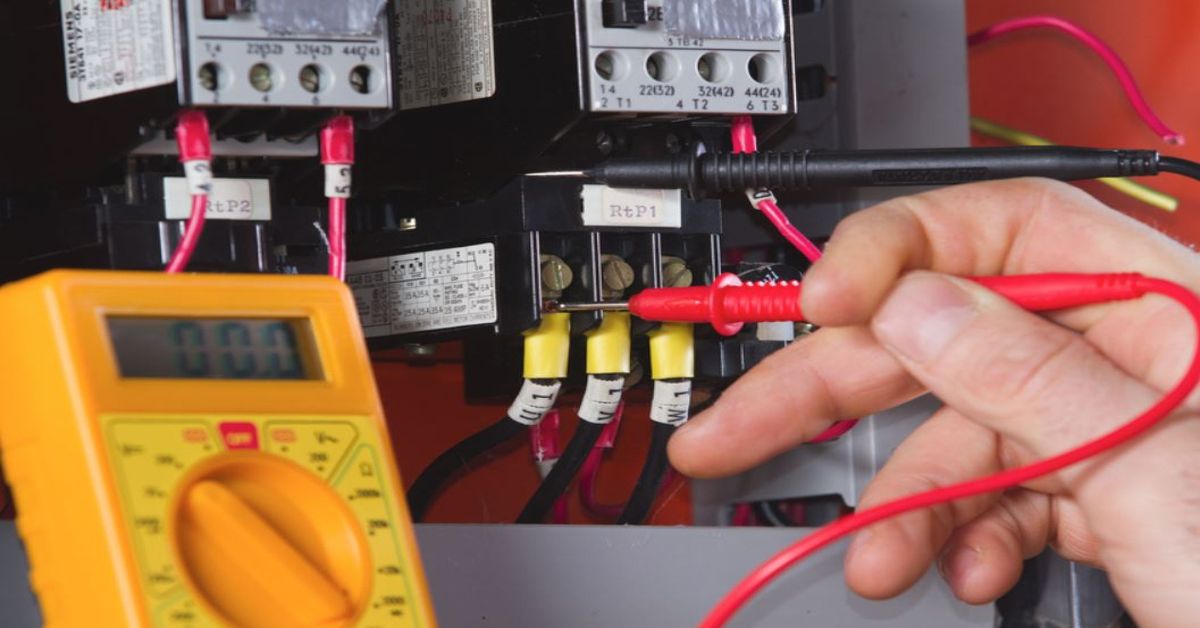

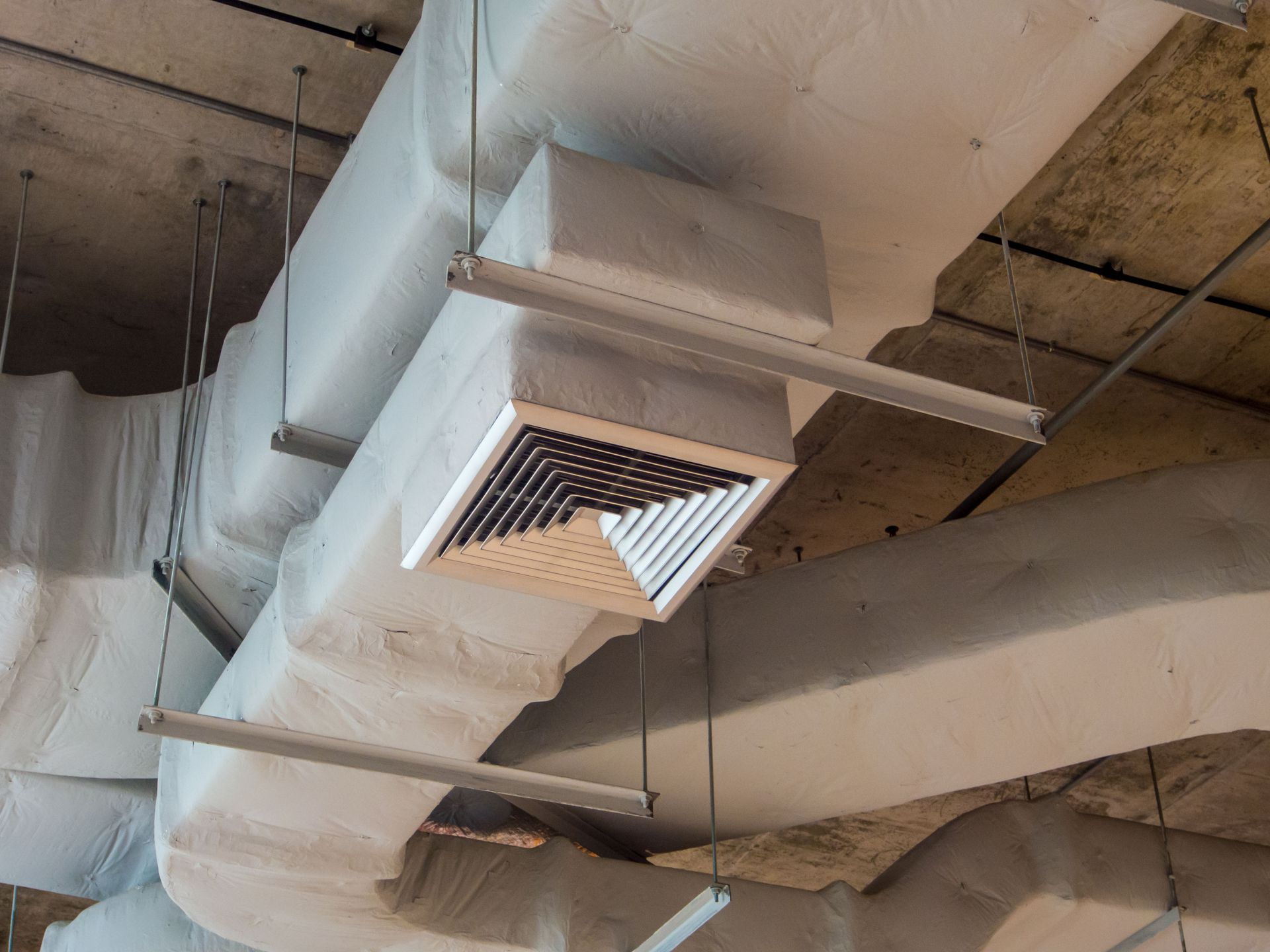
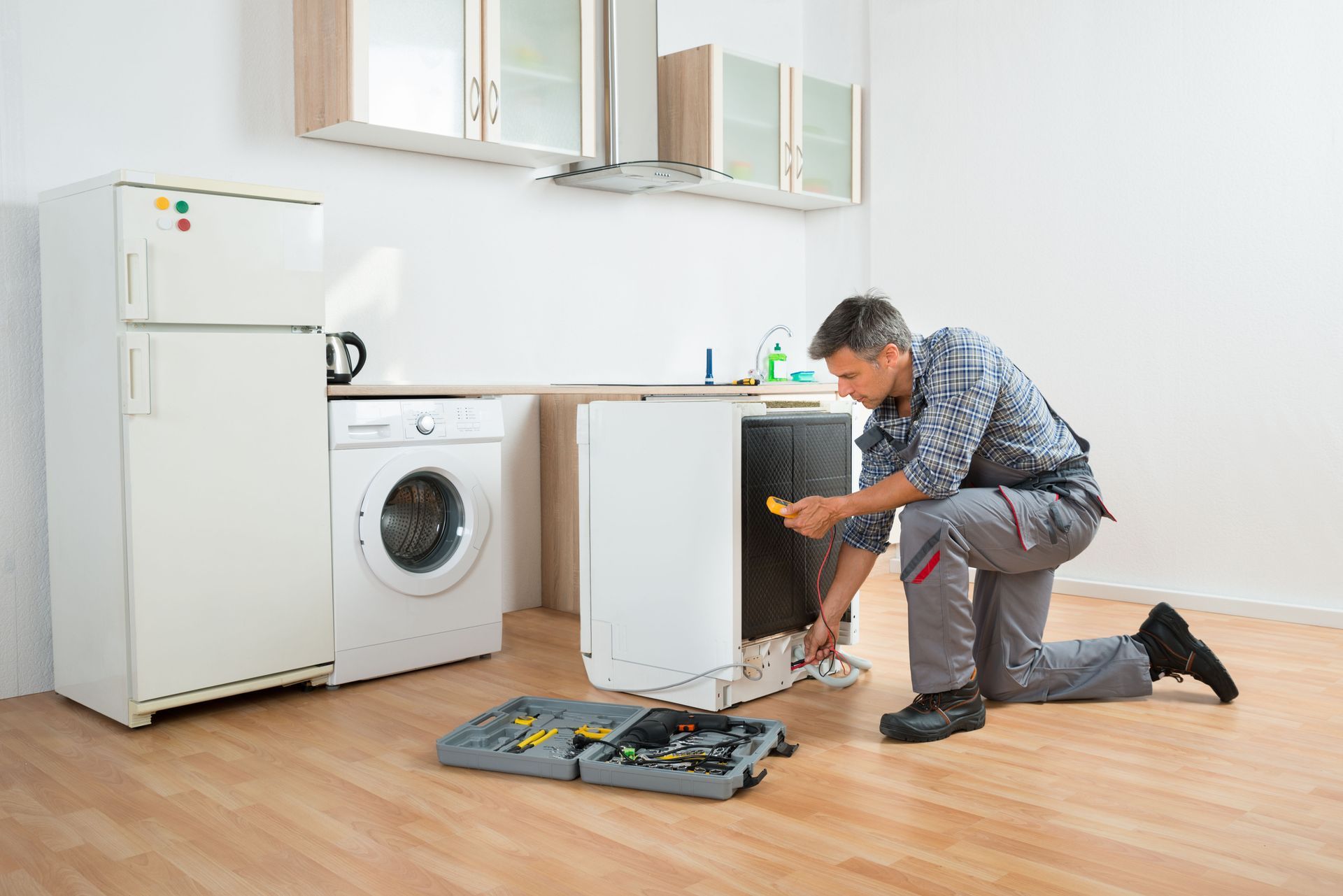
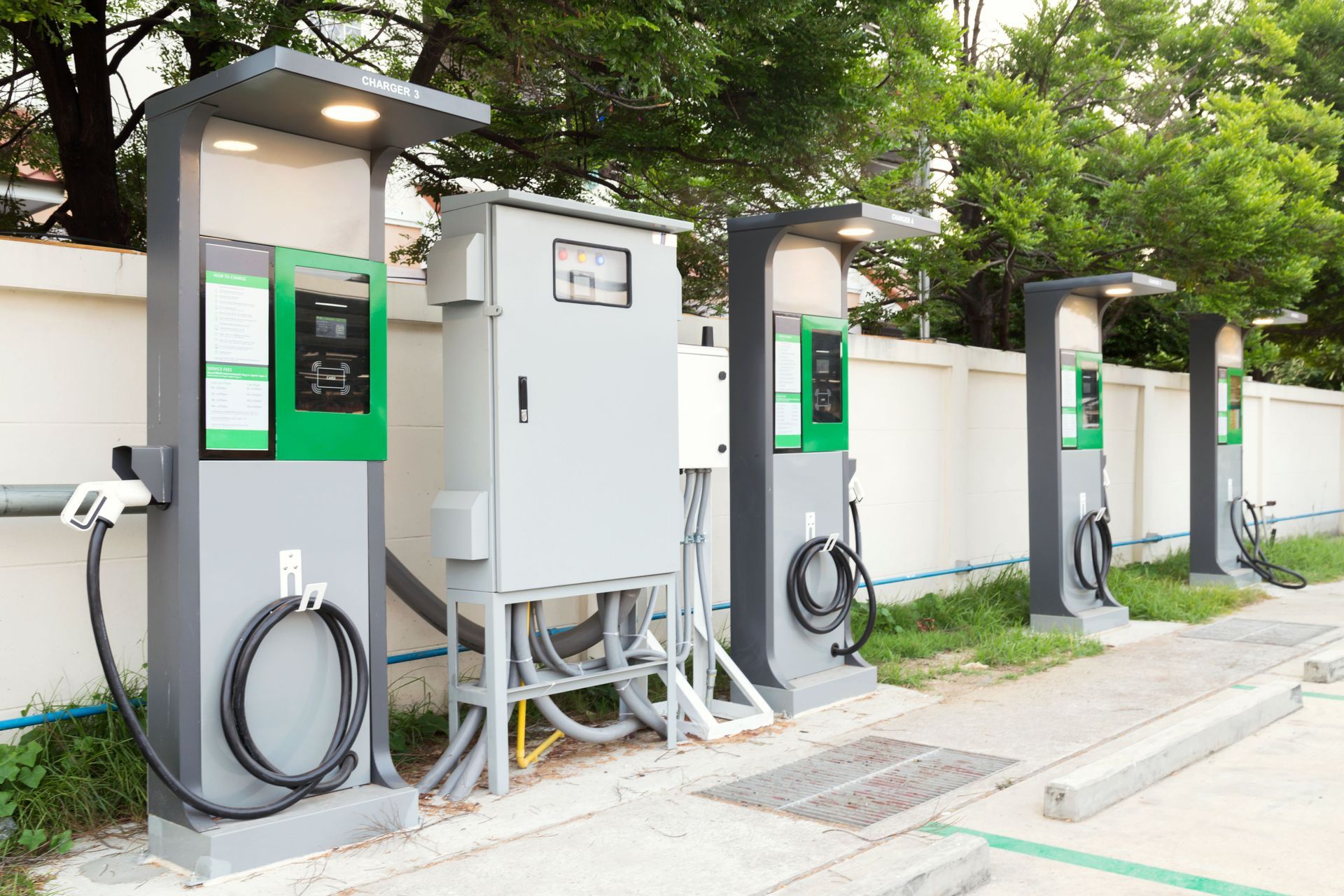
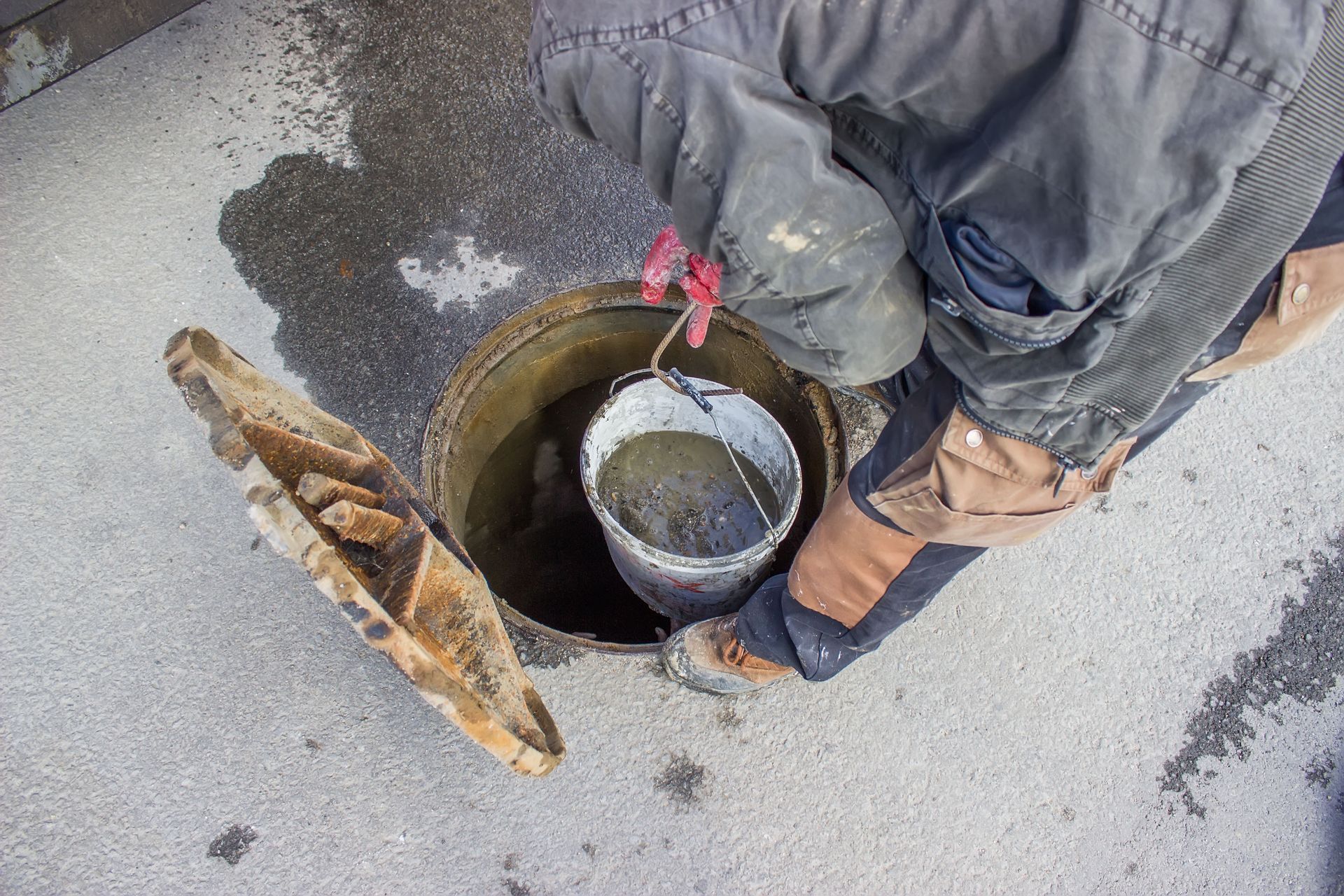
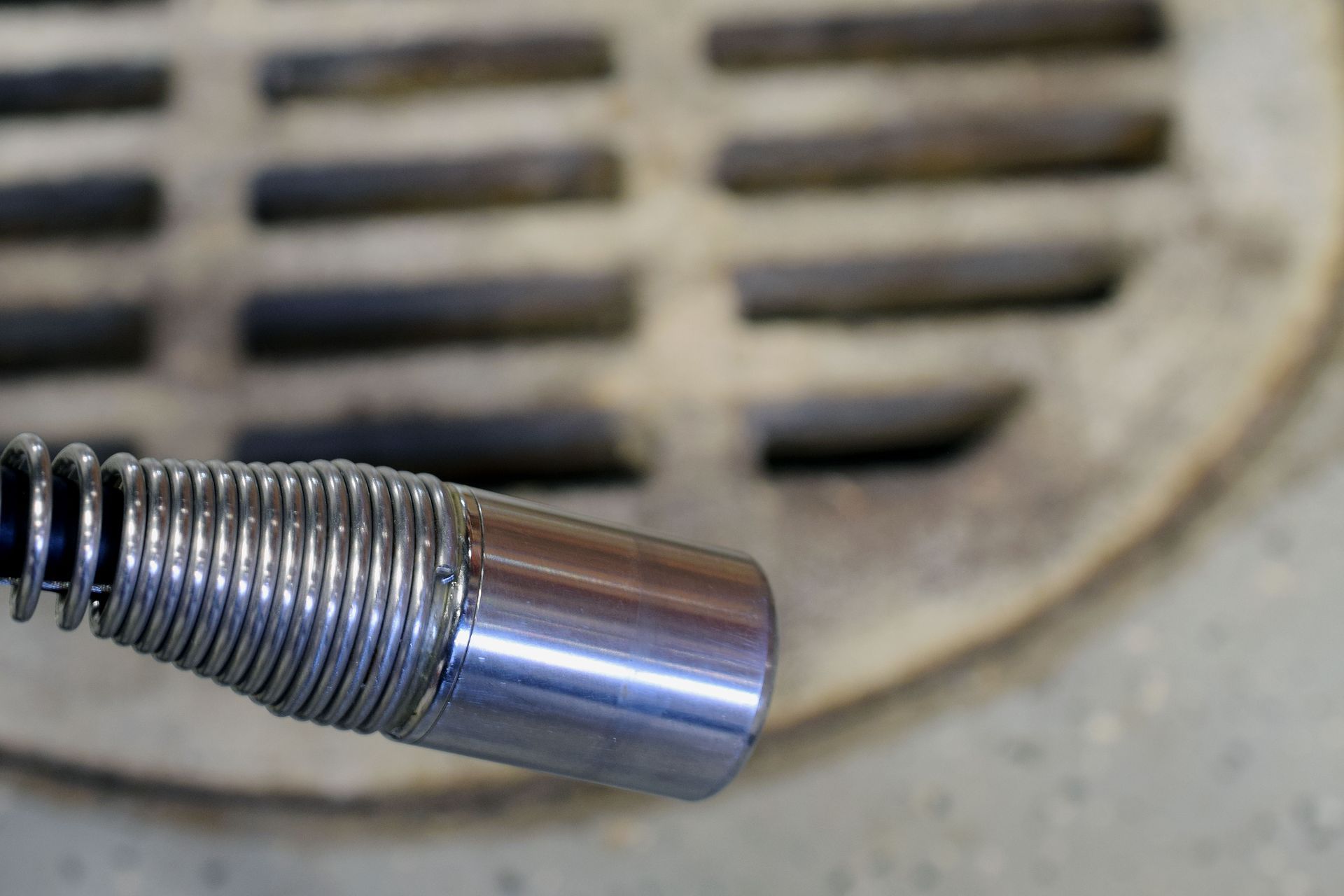
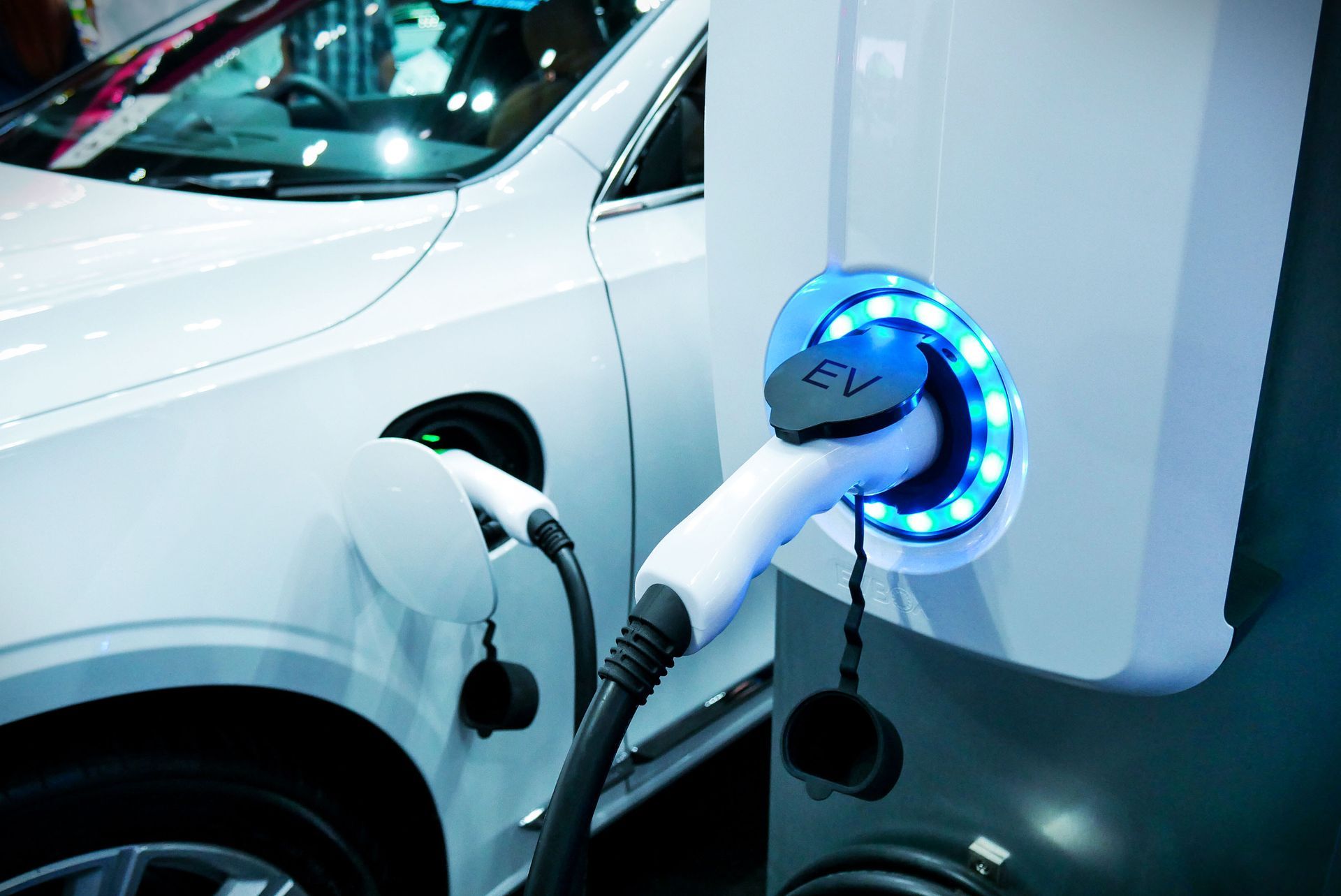
Share On: